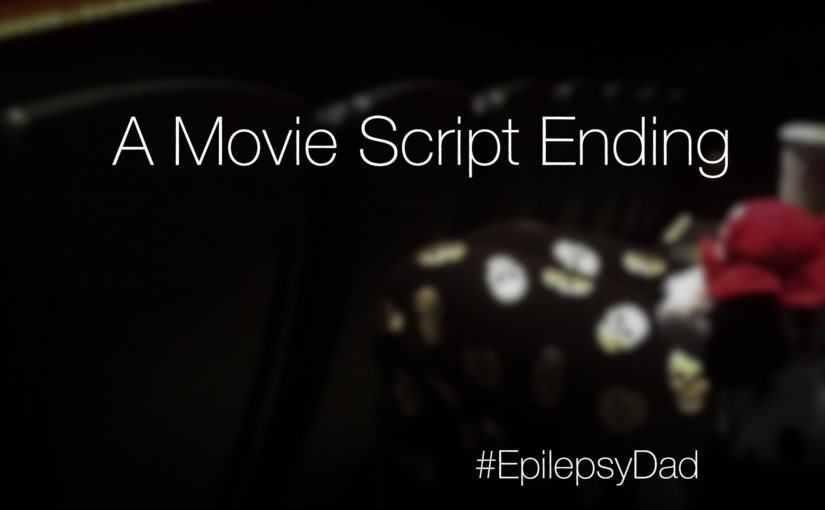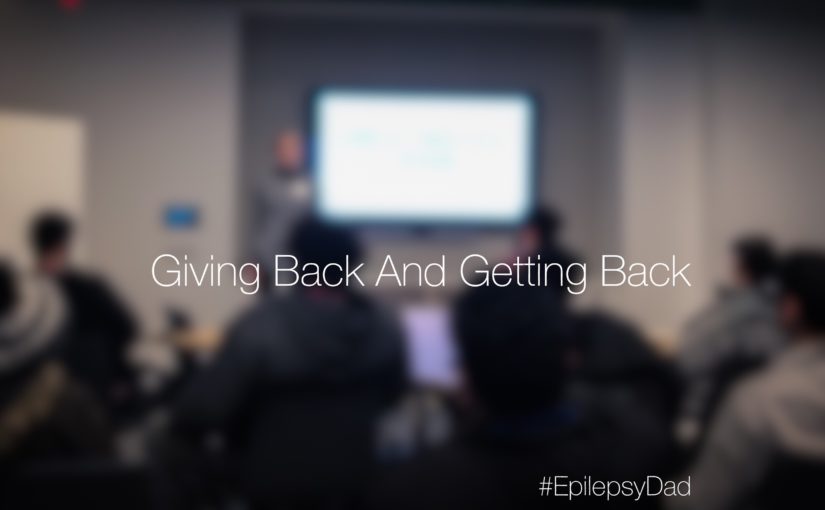Our journey with epilepsy has the makings of a movie.
It has the time before. The time before epilepsy. The time before seizures. The time before medication, and side effects, and surgery.
It has the inciting event. The first seizure in the lobby of the arcade. The second seizure onboard an airplane. The “ticks” that turned out to be seizures that snowballed into status epilepticus and months in the hospital. The days when my son couldn’t talk or move. The night when my son was surrounded by a team of doctors trying to save his life.
It has an enemy and its name is Epilepsy.
It has the struggle. Every day. Early morning seizures. Exhaustion. Navigating the world in a fog. Trying to keep up. Learning. Behavior. Therapy. Rebuilding.
But it doesn’t have an ending. In the movies, the hero faces challenges, defeats the enemy, and returns home victorious and transformed. But we’re still on the journey and there isn’t a clear path home. Our enemy is one that he could face for a lifetime.
I started this post years ago. It sat unfinished, but I had an idea of how I would end it.
Compassionate people reassure us and say some children grow out of their seizures. We smile and nod, but its like they are watching from the seats in the theater but we’ve seen the script. We know what’s going to happen next but don’t want to reveal any spoilers. If they knew the ending, this isn’t a film that most people are going to hang around to see. Because people love a happy ending.
I wrote that at a time when things were exceedingly hard and relationships with the people around us were being tested. Some of those people are no longer in our lives. But, in spite of how I felt it was going to play out at the time, some people stayed. We’ve gone from feeling as if we were always going to be alone to cherishing what we have. Who we have.
It is true that our story may not have an ending, but it does have one more thing. The journey revealed many lessons about ourselves and the people around us. It showed us who is in our corner. The struggle forged stronger bonds. The journey has given us allies and surrounded us by our village. Our people. Our family. And we draw so much strength from knowing that we are not on this journey alone.
“There are no words to express the abyss between isolation and having one ally. It may be conceded to the mathematician that four is twice two. But two is not twice one; two is two thousand times one.” ~GK Chesterton


